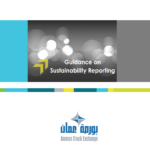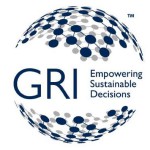
In the wake of The Singapore Stock Exchange (SGX) officially releasing its Sustainability Reporting Guide and Rule for all SGX-listed companies, new research from Corporate Citizenship reveals that a majority of companies now have a significant reporting mountain to climb.
In June 2016, Singapore Exchange (SGX) released new rules which introduced sustainability reporting on a “comply or explain” basis for all Singapore-listed companies: this will give companies up to 12 months from the end of the financial year to publish their first report.
Our research reveals that just 13% of the largest 100 SGX-listed companies are fully compliant with the new ruling. This indicates that a large majority of companies will need to create some substantive changes in the years ahead, if they are to comply fully with the new guidance.
Research by Corporate Citizenship shows that:
- 76% of the largest Singapore-listed companies publish some information about responsible business practices and sustainability in the public domain today
- But less than 1 in 4 currently produce a detailed, standalone report covering a range of social, environmental and ethical issues
- The vast majority of large companies in Singapore will need to make serious changes in their reporting processes and disclosure to meet the new SGX requirements
- Out of the companies that have produced a standalone report, 83% have reported against the Global Reporting Initiative (GRI) guidelines
- Of the companies already reporting, 44% produced their first report within the last three years
Junice Yeo, Director Southeast Asia at Corporate Citizenship commented:
“The task for Singapore-listed companies is going to be challenging. But it is not impossible, especially as there are clear steps companies can follow as they transition towards annual sustainability reporting on a “comply or explain” basis. First time reporters should start small and keep things simple – at least until the right processes and systems have been established, and can translate into more comprehensive reporting.”



